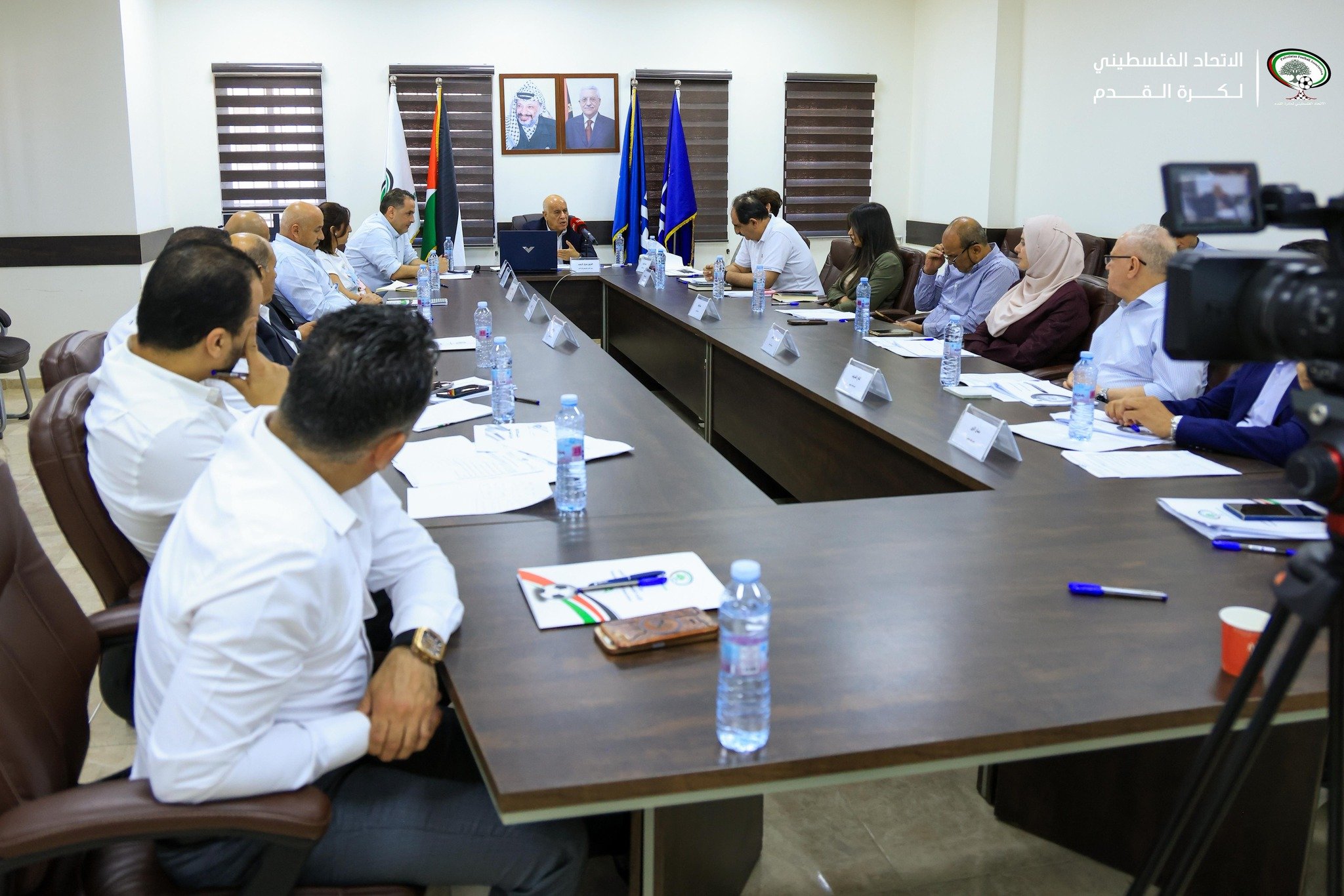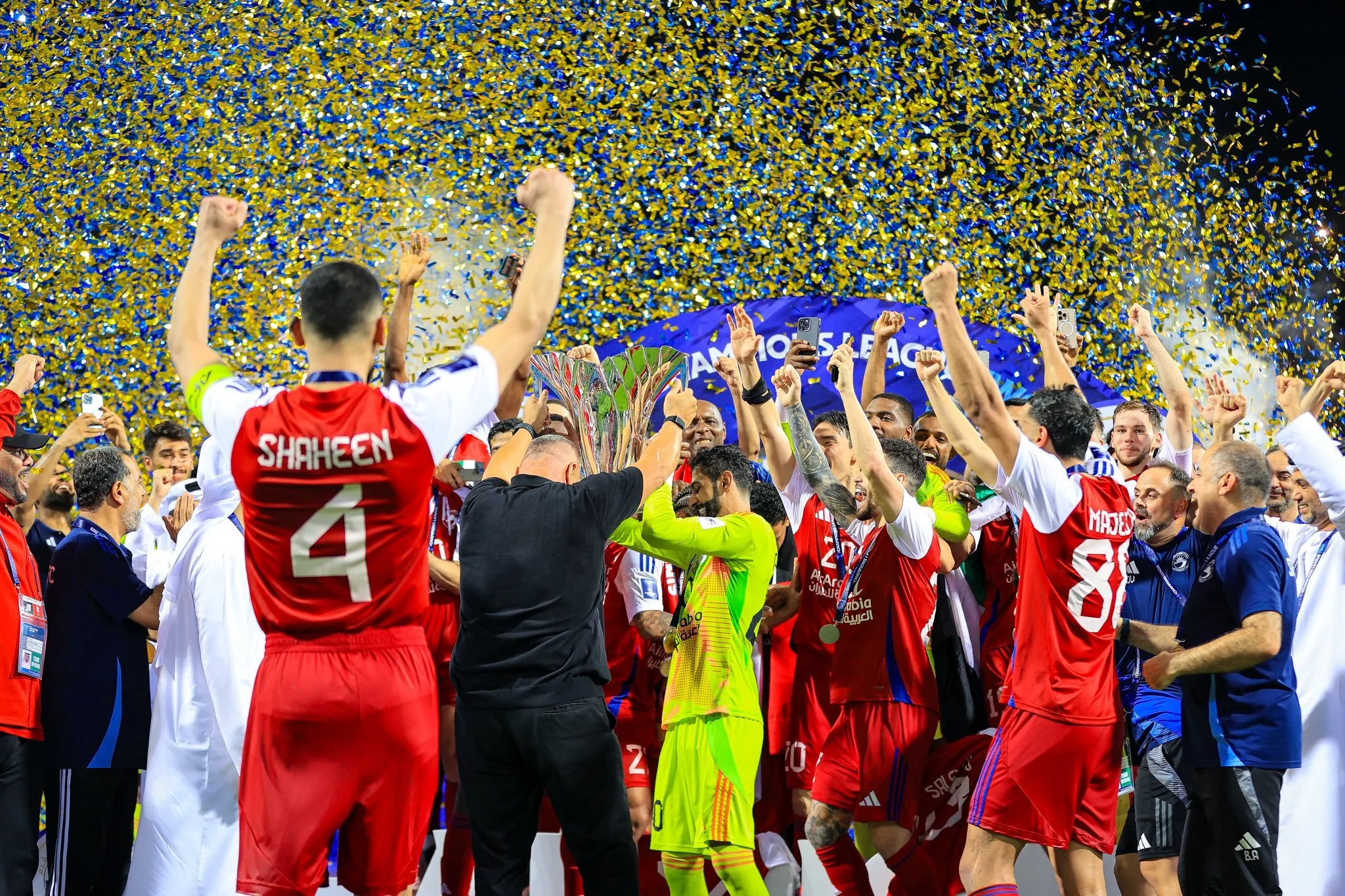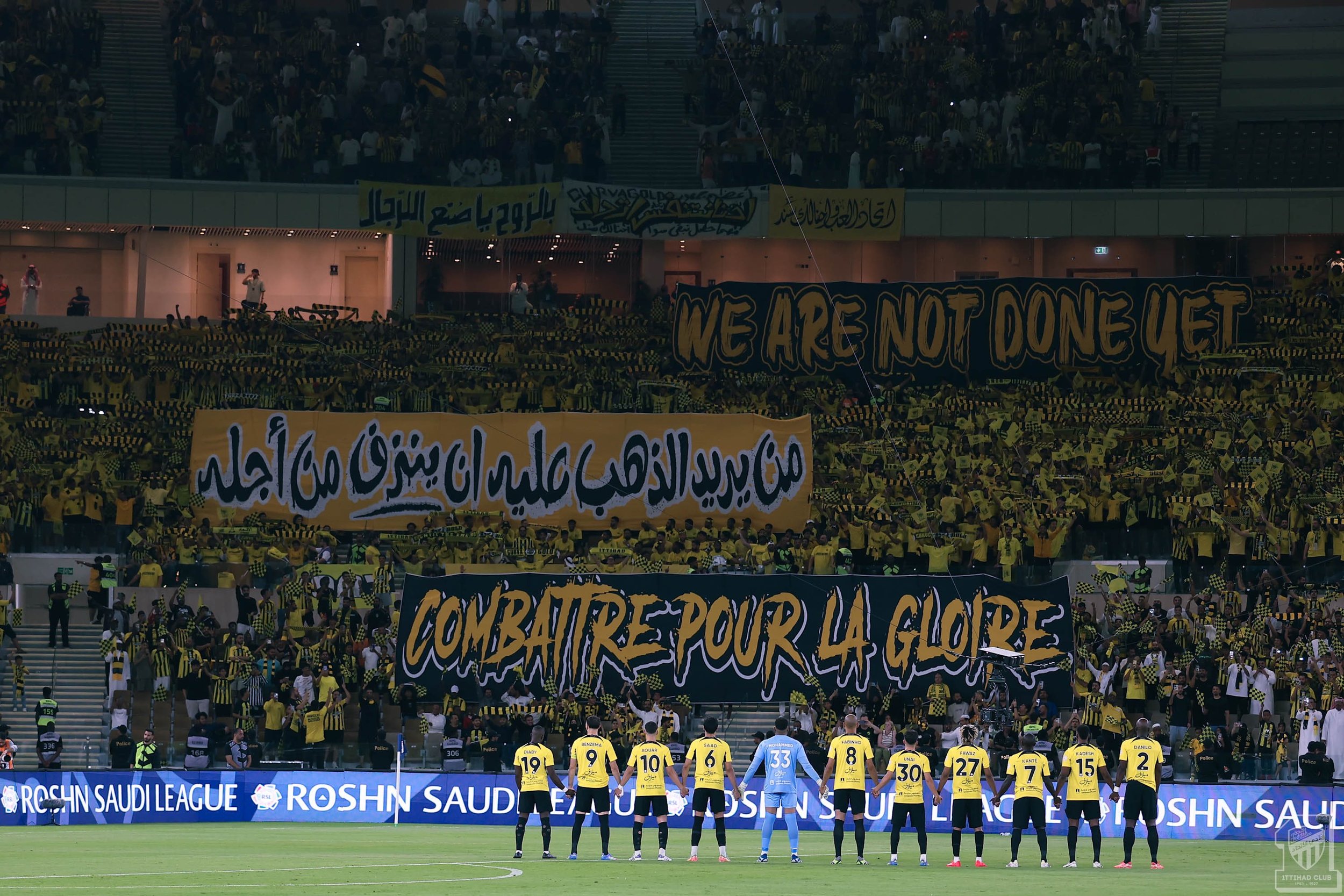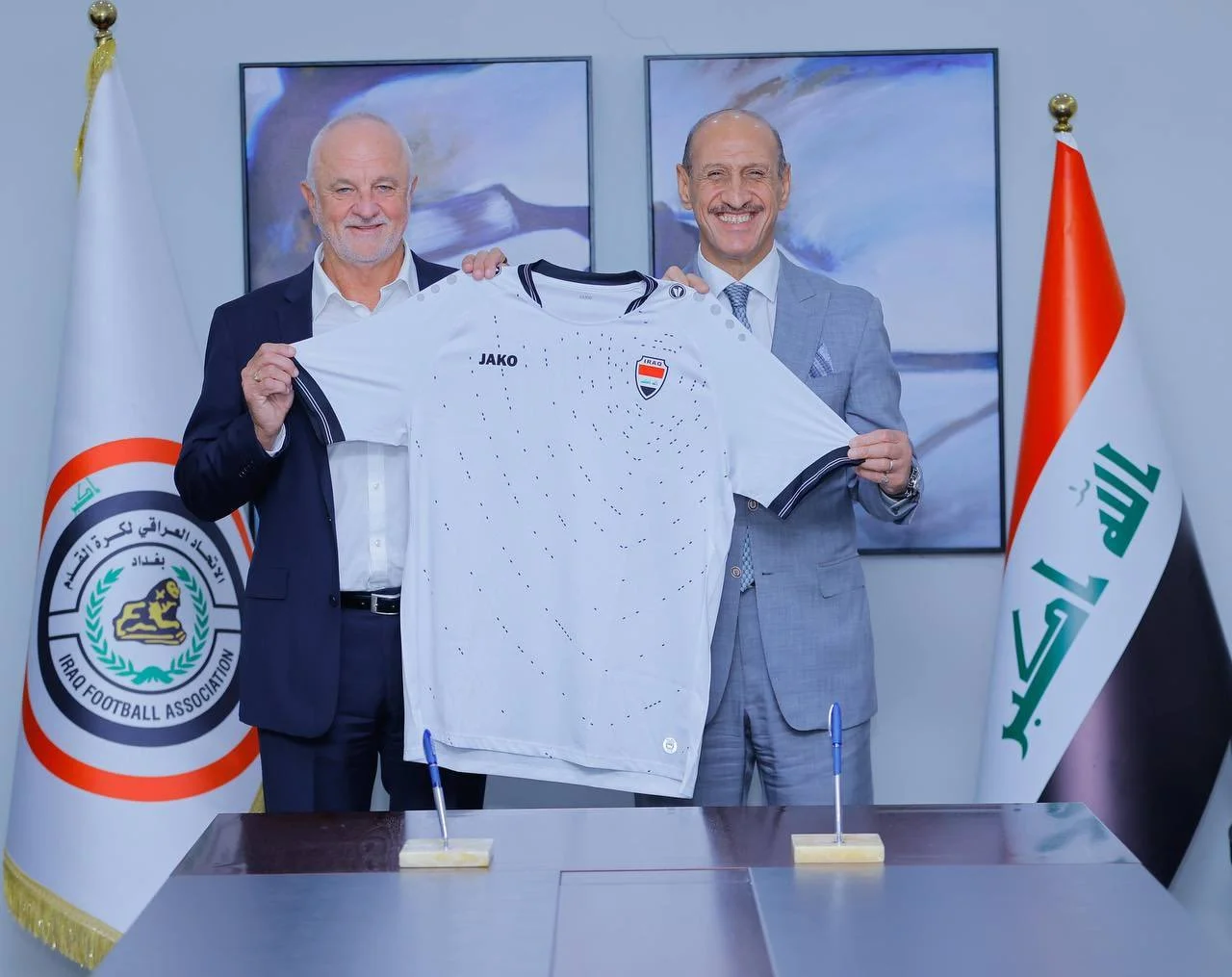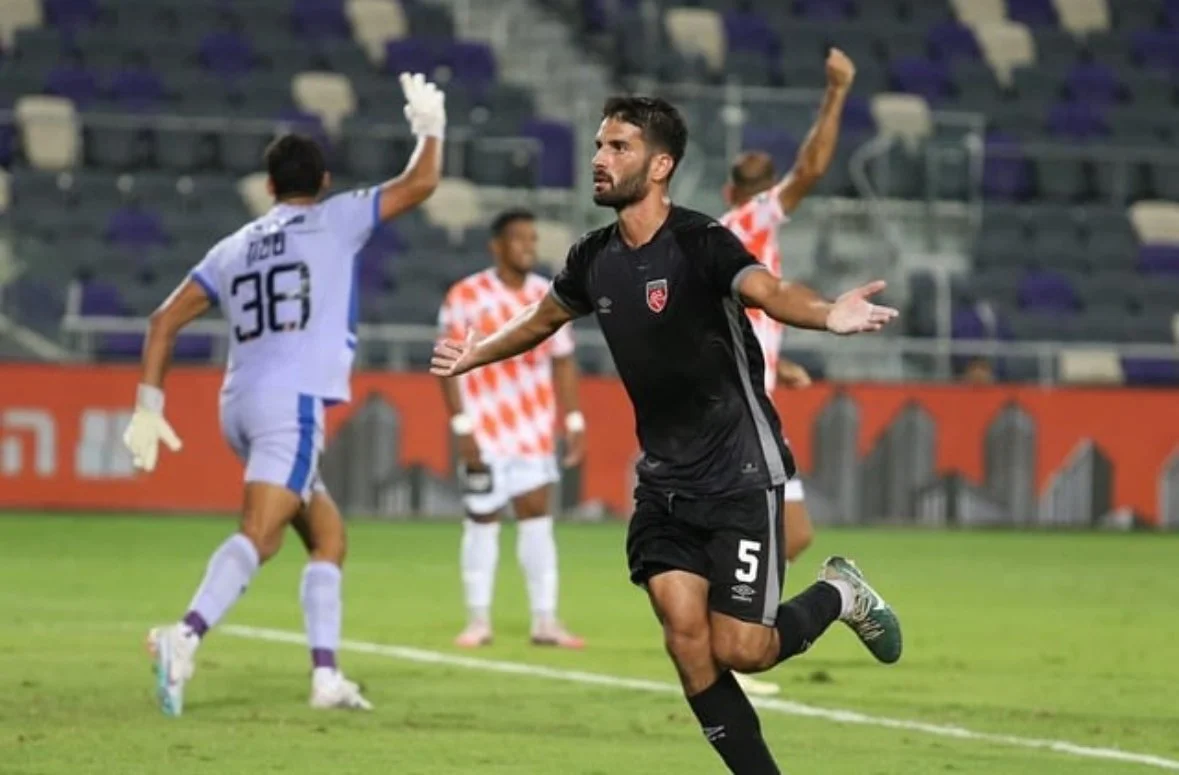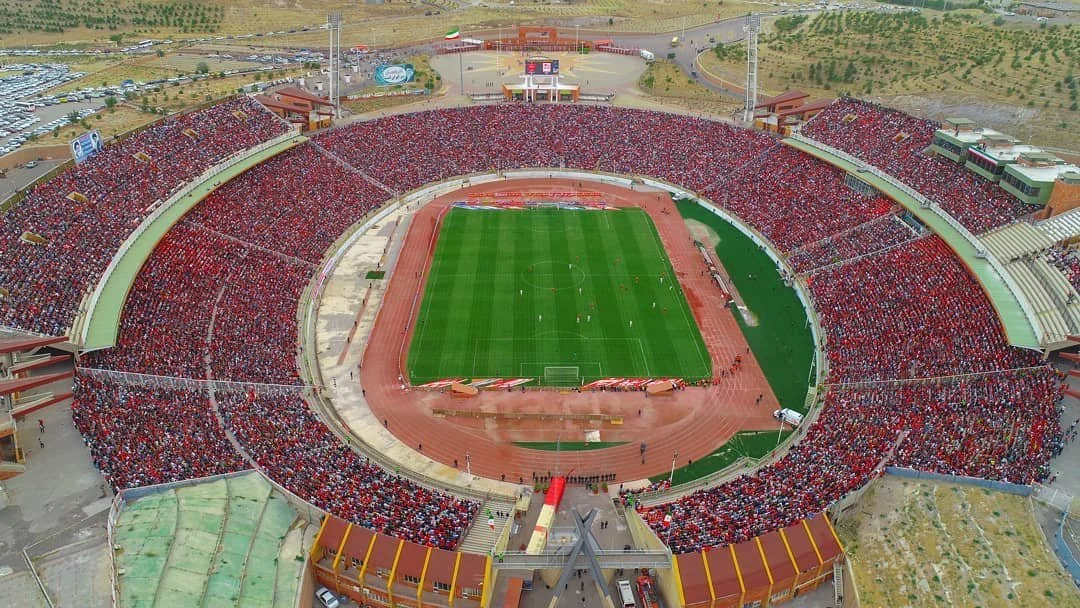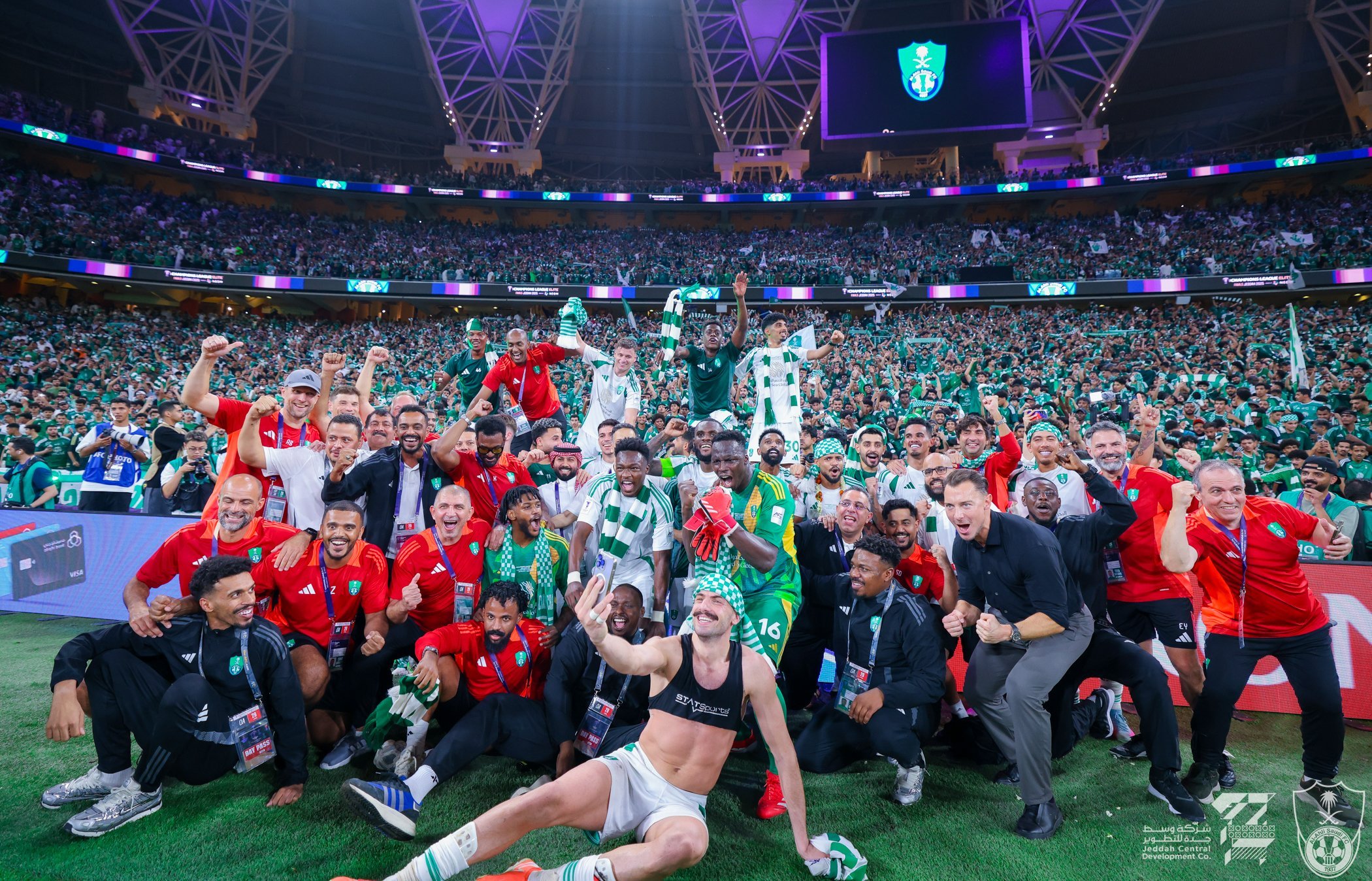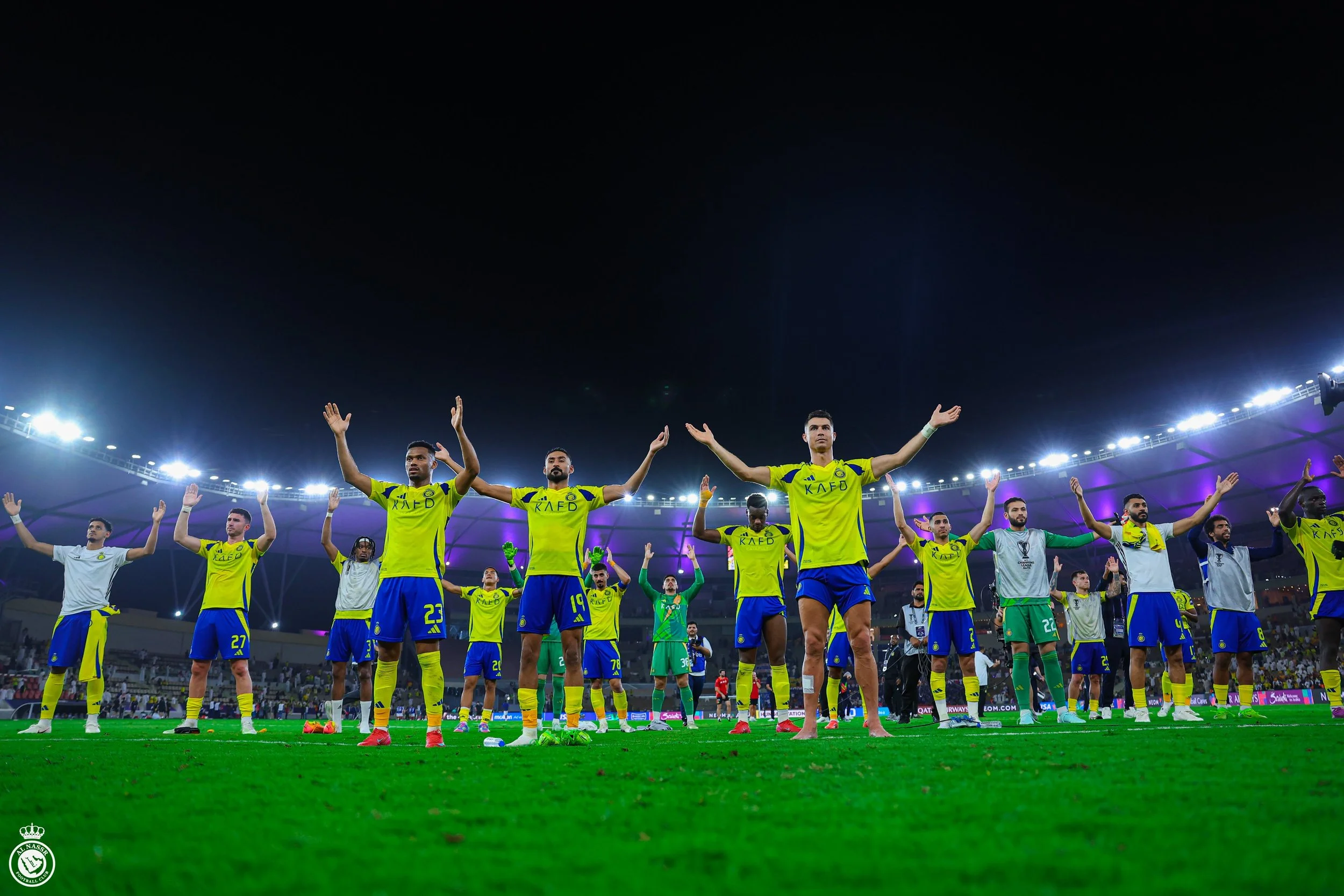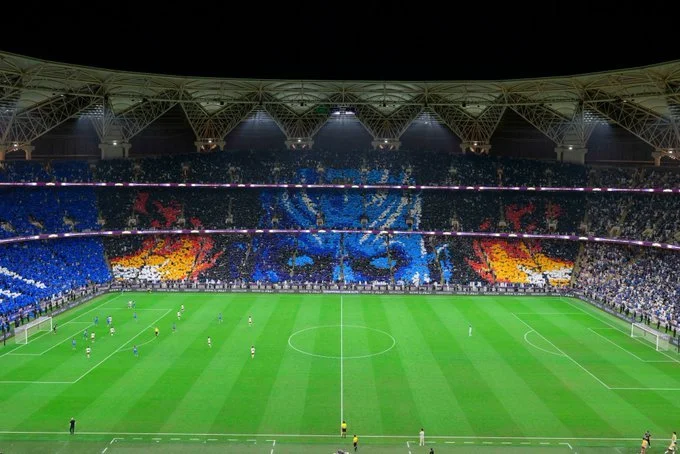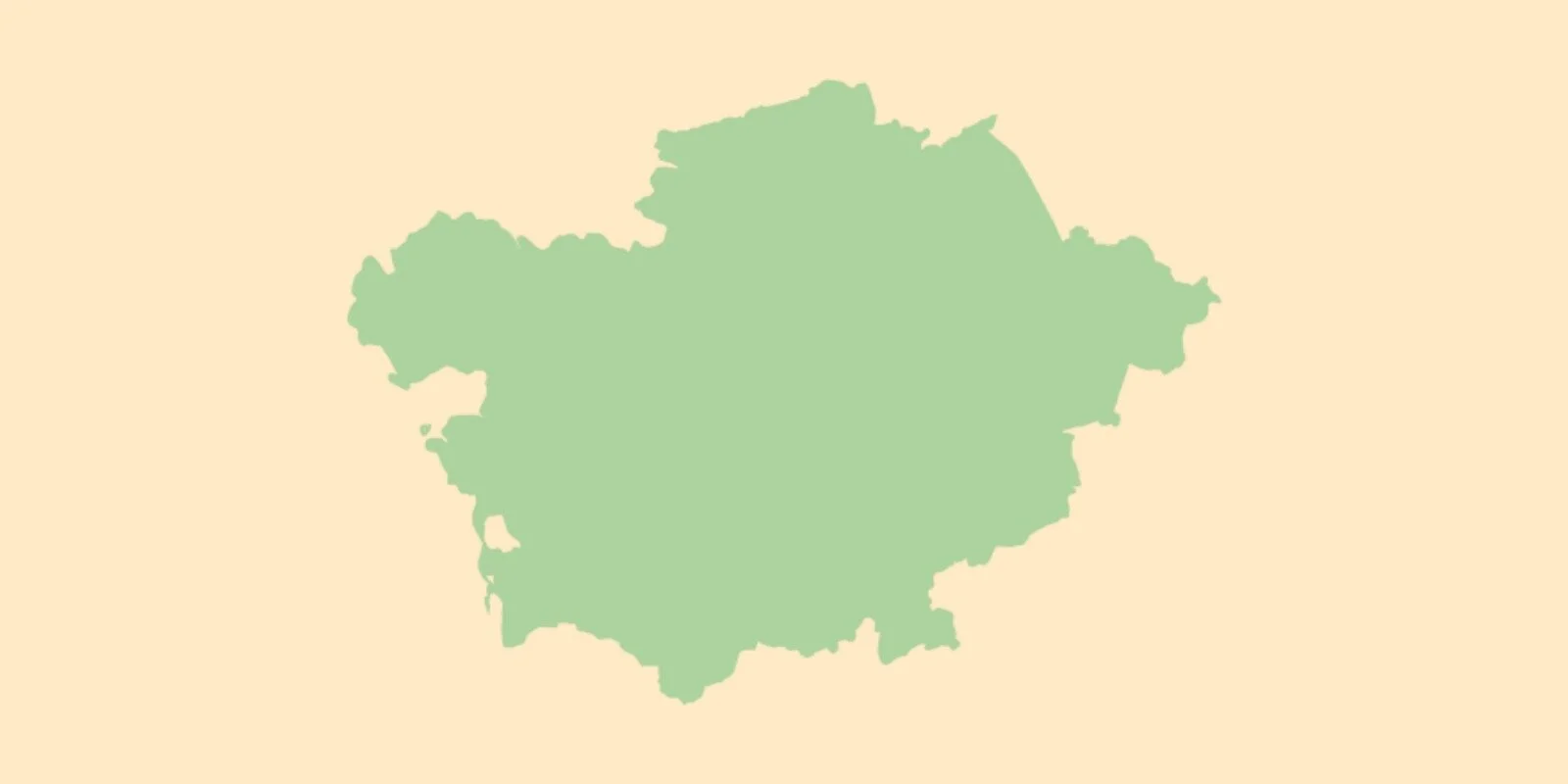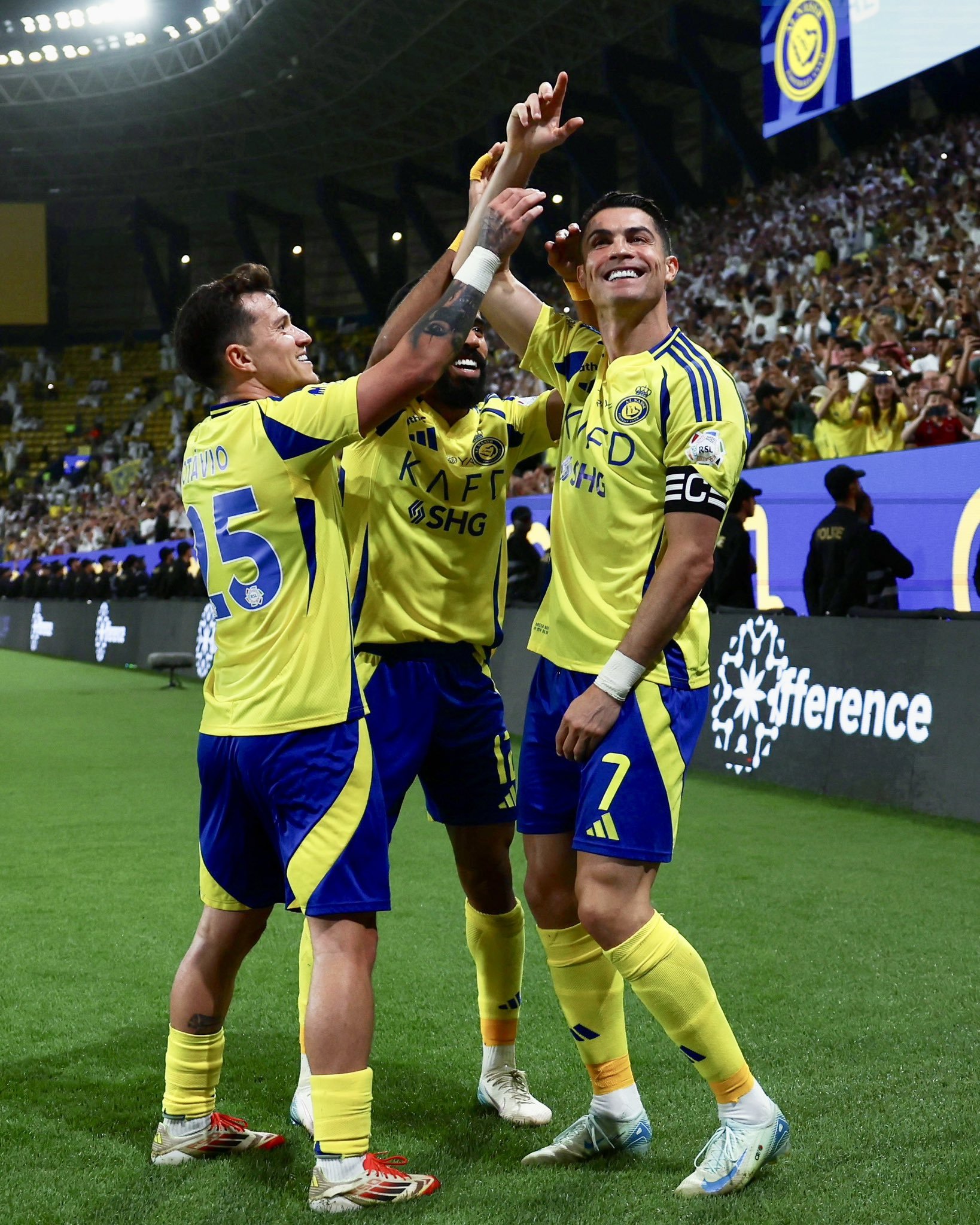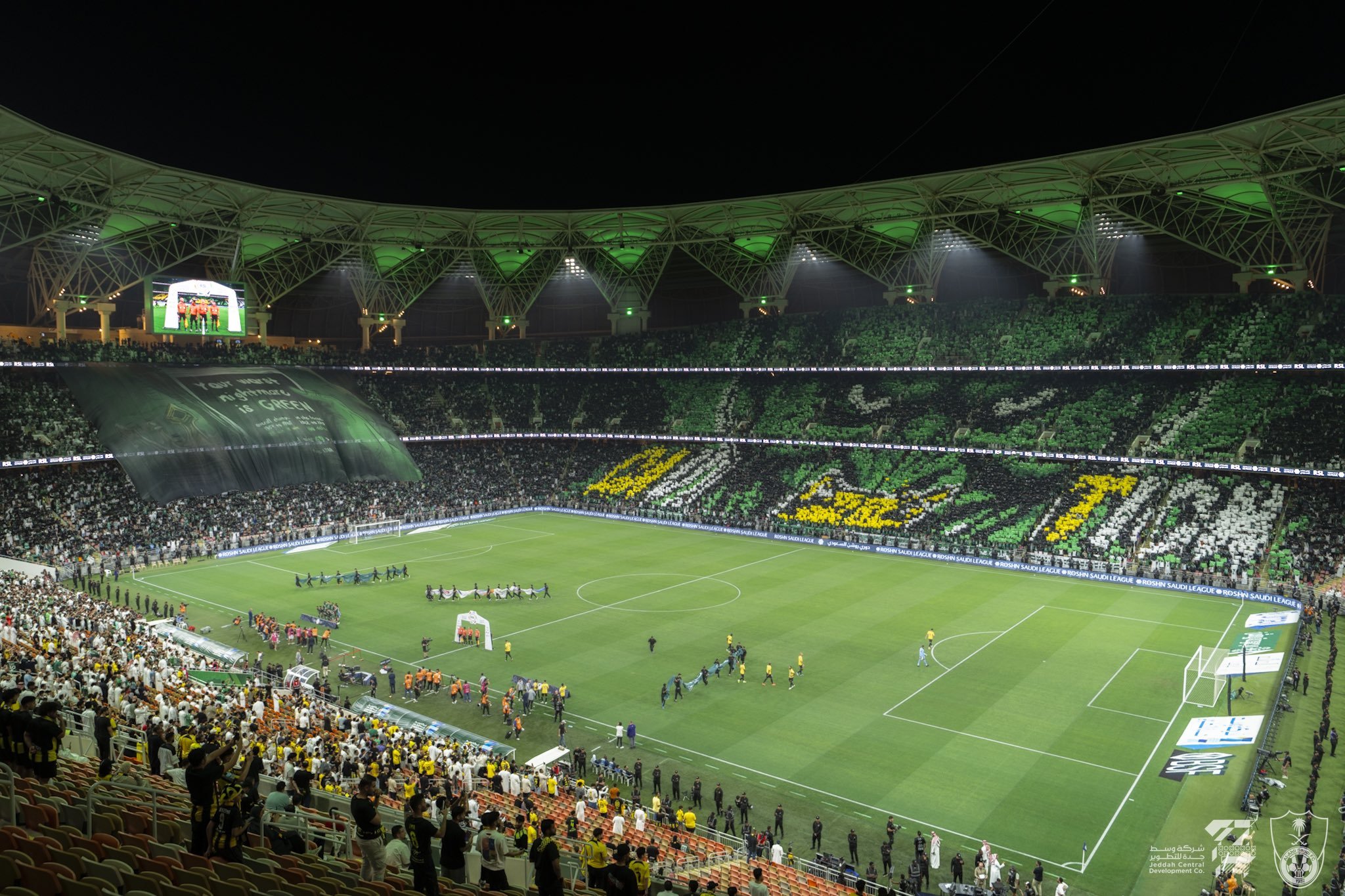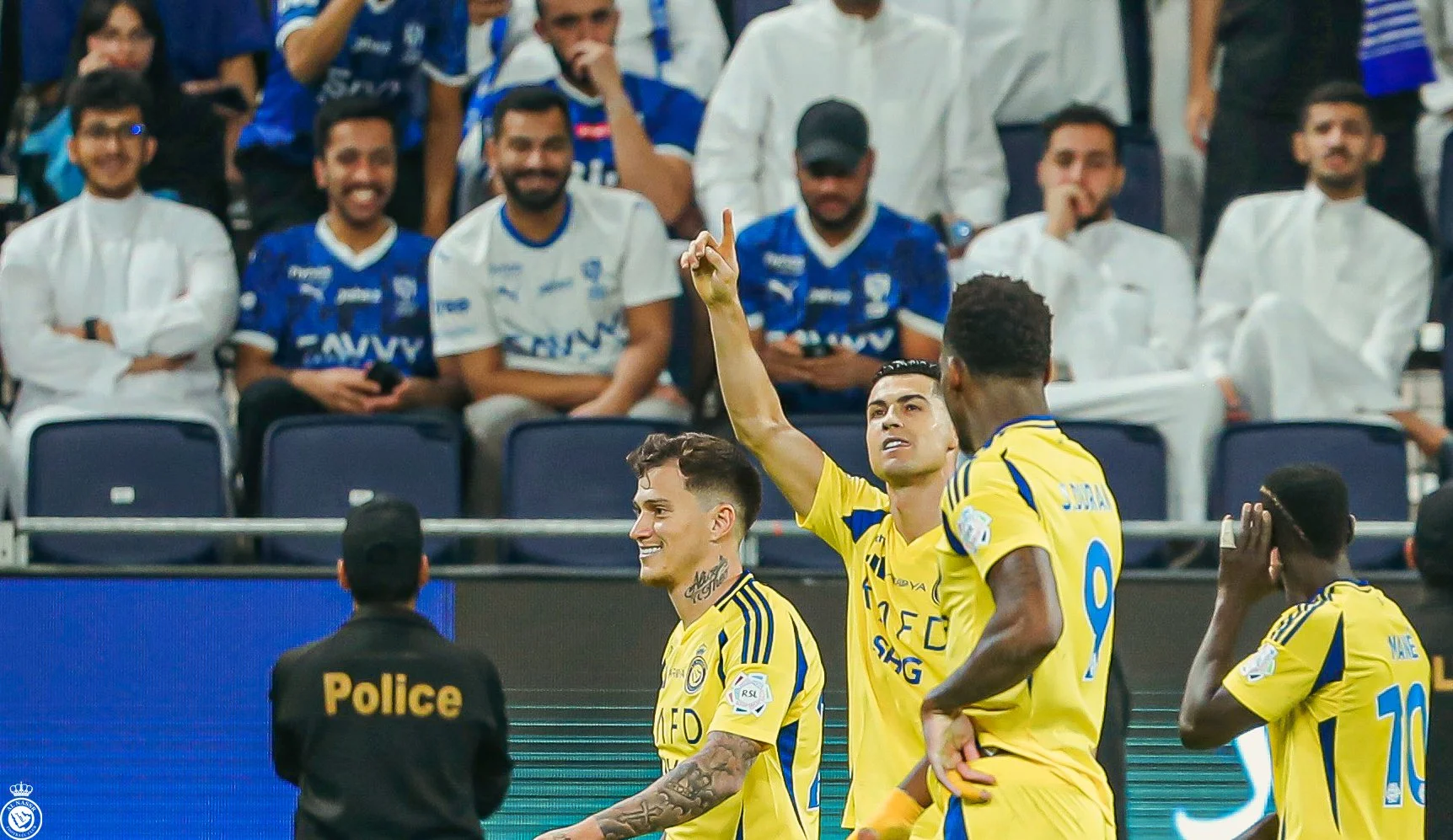Palestine national team star, Oday Dabbagh, has signed with Portuguese club Arouca FC.
On Saturday afternoon, the 22-year-old forward put pen to paper on a two-year deal after a terrific season with Kuwait’s Al-Arabi SC. During his time there, the club won its first title in 20 years, and Dabbagh finished as the league's top scorer with thirteen goals.
This move marks a historic moment for Palestinian football, as Dabbagh becomes only the second ever Palestinian football alumni to play professionally in Europe. Before him, it was Gazan full-back Mohammed Saleh, now at Al-Masry Port Said, who played for the Maltese side Floriana in 2018.
The transfer is an excellent example of a young player coming from an unfamiliar background, with little chance to succeed, making it despite injuries, obstacles, and with a lot of hard work.
Old city, new magic
Dabbagh's career started in the alleys of Jerusalem’s Old City.
He was one of the stand out names in the most gifted generation of the Hilal Al-Quds youth department, alongside Mousa Farawi, Ihab Khamis Shaheen, Hani Abdallah, and Mohammed Ali Obeid among others.
Dabbagh made his senior debut for Hilal when he was 16, and, under coach Ammar Salman, noticed his first goal at 17, helping the club survive a relegation battle.
Since then, both club and player have taken off in style. Hilal won three consecutive titles in the West Bank Premier League, with Dabbagh, the leading man, scoring 40 goals in this period. One of the highlights of his time here was in the AFC Cup, where he became the top Palestinian scorer of the competition with six goals.
During three and a half seasons with Hilal, Dabbagh proved he has something else, more than the average footballer coming from East Jerusalem or the West Bank. He had a leading presence on and off the field, a terrific ability to carry the team on his back, and a lethal finish in clutch moments.
Dabbagh starred for the Palestine Under-23 national team, helping them qualify for the 2018 U-23 Asian Cup in China. The young Fidai's went to the quarterfinals with Dabbagh, again, the main star.
From there, the step up to a bigger league was only a matter of time.
On Kuwait, and how to take the positives from your mistakes
After becoming a familiar name in the West Asian football scene, Dabbagh got offers from the Middle East and North Africa.Olympique Khourigba, from the Moroccan Botola Pro for example, offered $150,000 per season for three years, yet Dabbagh chose Kuwaiti giants Al-Salmiya.
His start at Al-Salmiya wasn't good. He got injured in one of his first games and didn't get enough game time when he returned. This scenario reproduced itself with Al-Qadsiya, another Kuwaiti super club who decided to give the Palestinian sensation the right stage to shine. Dabbagh tested positive for Covid-19 and struggled to impact a team loaded with expensive foreign talent.
At the time, it seemed that choosing Kuwait was a mistake, but Dabbagh was about to rise up. Loaned to Al-Yarmouk, he helped them stay up and, a season later at Al-Arabi, the fun began for Dabbagh in Kuwait.
In an interview with Arab News’ Paul Williams, Ante Mise, Dabbagh's coach at Al-Arabi and a former Croatia national team assistant manager, said, of all the strikers he has ever coached, the 22-year-old was the "best ever". It is easy to understand why.
At Al-Arabi, Dabbagh became stronger and sharper, scoring 13 goals and becoming a prominent figure in their historic title.
It was expected that Dabbagh would then continue towards a bigger club in the region, or a small or medium-sized European league. Instead, he renewed his contract with Al-Arabi. It wasn't a mistake though, as he kept for himself the option to leave when an offer from a bigger club or league arrived. And it did.
Welcome to Arouca, but wait. You are from East Jerusalem
Dabbagh's deal in Arouca was agreed at the beginning of July, but the player had to wait for his work permit and visa to travel to Portugal.
As an East Jerusalemite, it is not an easy process. People from East Jerusalem usually face challenges in getting visas to other countries, as they are not citizens of any state. On many occasions, they hold an identity card issued by the Israeli Jerusalem Municipality and a Jordanian passport, a Palestinian Authority passport, or another official certificate that allows them to travel.
This makes it much more difficult for them to travel abroad. Dabbagh was waiting patiently for his approval, training all summer long to be ready for when that moment comes. This weekend, it finally came. On Saturday, he finally signed the contract and was officially presented in the yellow and blue of the club newly promoted club to the Liga Portugal Bwin.
Interestingly enough, Dabbagh will join forces with an Israeli teammate, Or Dasa, who also joined the club this summer. Dasa, a winger and attacking midfielder, and also the brother of Vitesse and Israeli national team defender Eli Dasa, has yet to score or assist in his first two games with the team.
While a few voices called on Dabbagh to drop the transfer to Portugal because of this, the player, his camp, and the rest of the Palestinian football community have so far not voiced any concerns to the two players playing together.
This might hint at actual progress and honest understanding of modern football by the Palestinian sports community. There is no place for this kind of gesture in professional football, especially when it is a once-in-a-generation talent like Dabbagh. The goal, having a successful Palestinian representative in a big European league, will have a bigger and more significant impact on the Palestinian cause.
"FC Arouca is giving me the opportunity to play in Europe alongside some of the best players and clubs. I know that this club reflects my personality. We're going to give everything from start to finish and we'll never throw in the towel", Dabbagh said, speaking to the club's official website.
Now it's time for Dabbagh to start playing, scoring, starring and bringing this East Jerusalem magic, this Old City magic, to Arouca, Portugal.
Now it’s his time to shine in Portugal. Dabbagh (Photo: Arouca FC)



